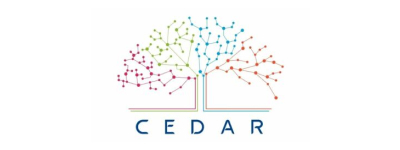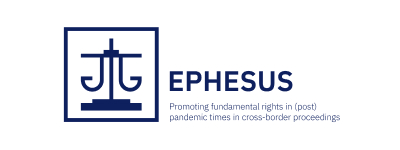
ARISA Child
Assessing the Risk of Isolation of Sentenced and Accused: Enhancing the Capacity of Correctional Services to Work with Convicted Children

Strengthening Judicial expertise and Frontline support to combat Child Trafficking
Timeframe
01/2025 – 01/2027 (24 months)

SafeBorders aims to combat child trafficking by enhancing the capabilities of judicial authorities and frontline workers through a comprehensive approach.
Specifically, the project will focus on strengthening the expertise of judicial authorities by facilitating knowledge exchange, identifying best practices, and conducting capacity-building activities. In addition, leveraging technology in the digital era, the project will introduce an AI-platform to support cross-border cooperation among judicial authorities.
This collaborative effort aims to streamline efforts, enhance information sharing, and facilitate joint actions to combat child trafficking effectively. By strengthening the capabilities of both judicial authorities and frontline workers and promoting cross-border cooperation, the project seeks to address the complexities of child trafficking and protect vulnerable children from exploitation and abuse.

Improve knowledge about criminal networks and child trafficking.
Increase training for prosecutors, judges and frontline workers.
Raise awareness about child trafficking across participating countries through community workshops and stakeholders’ meetings.
Improve the protection of child trafficking victims, ultimately ensuring the safety and well-being of vulnerable children in the region.
Set up a network of specialised prosecutors.
Enhance the intelligence picture through an innovative AI platform for pattern recognition.
A Practical Handbook for combatting child trafficking.
Comprehensive online training material for judges and prosecutors, including a train-the-trainer component.
Training activities to specialised prosecutors, judges and frontline workers.
A sophisticated AI-Platform capable of collecting anonymised data cases related to child trafficking from judicial authorities.
Awareness campaigns with the aim of educating parents, caregivers, community members, and children about the realities of trafficking.

Assessing the Risk of Isolation of Sentenced and Accused: Enhancing the Capacity of Correctional Services to Work with Convicted Children

European Arrest Warrant

Continuing Education Against Radicalisation

Delivering a comprehensive approach to preventing, reporting, investigating and prosecuting hate crime and hate speech-related incidents in Portugal

Fostering Digital Democracy and Citizenship in Higher Education

Empowerment of the Framework Decisions 2008/947 and 2009/829 through EU Probation Services

Promoting fundamental rights in (post) pandemic times in cross-border proceedings

Ensuring Probationers’ Rehabilitation Prospects via targeted enhancement of the implementation of FD 2008/947

Developing a European framework for disengagement and reintegration of extremist offenders and radicalised individuals in prison

Fair predictions of gender-sensitive recidivism

Implementation of the Stockholm’s Roadmap in cases of terrorism and radicalisation

Ensuring the due course of criminal proceedings via strengthened respect for the procedural rights of the suspect and the accused

Sentinels of the Future: Together to Eradicate Human Trafficking

Holistic Radicalisation Prevention Initiative (Balkan countries)

Law enforcement and community cooperation and training approach to prevent radicalisation by ensuring refugees’ successful inclusion

Strengthening a comprehensive approach to preventing and counteracting radicalisation based on a universal evidence-based model for evaluation of radicalisation prevention and mitigation

Integrated Community, Probation and Prison Services Radicalisation Prevention Approach

Judicial cooperation for the enhancement of mutual recognition regarding probation measures and alternative sanctions – EPP software 3.0

Judicial cooperation for the enhancement of mutual recognition regarding probation measures and alternative sanctions

Identifying future capabilities for Community Policing

Multi-Ideological Radicalisation Assessment towards Disengagement

Promoting Universal Jurisdiction while Evoking the Crimes Committed within the Former Yugoslavia

Participatory Approaches to Protecting Places of Worship

Partnership against Radicalisation in Cities

Assessing the impact and performance of preventive measures on EU Directives and Framework Decisions

Alternative pre-trial detention measures: Judicial awareness and cooperation towards the realisation of common standards

Radicalisation and violent extremism prevention in the community

Radicalisation Prevention in Prisons

Radicalisation Prevention Competences’ Development Programme for Justice Professionals

Communitarian approach for a holistic young refugee long-term integration